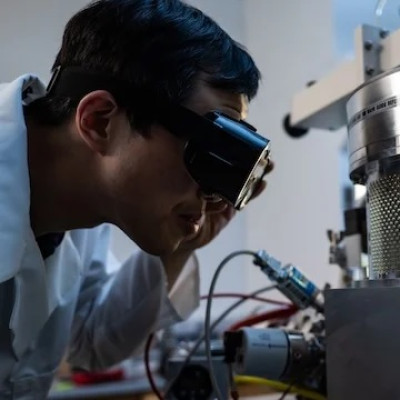This approach sheds light on the true nature of active species responsible for catalytic conversion and the stability of these sites under reaction conditions, and is highly informative in understanding and further developing catalytic materials.
Devising a new approach
The breakthrough has been realised through the development of experimental setups for interrogating solids within liquid and gas phase reactors. Under liquid phase conditions, researchers revealed the nature of isolated Pd sites supported on NiO, an excellent alcohol oxidation catalysts, and their stability, to confirm the deactivation pathway responsible for decreasing performance over the duration of the reaction. The deployment of a microfluidic device has allowed the nucleation and growth of Pt nanoparticles, candidates that are widely used within catalysis, to be monitored, while the nature of soluble Fe species, resulting from chemical reactor corrosion during CO2 capture, have also been studied. Similarly, operando studies of vapour and gas phase processes have revealed the nature of Nb sites, which are active for pentadiene production from biomass, and the dynamic nature of Ni nanoparticle surfaces under CO2 capture and subsequent conversion to CO and methane ).
Foundations for future discovery
This insight provides the foundations for future catalyst design strategies to enable more effective nano-engineering of catalytic materials.
Read the original article on University of Manchester.







